The ICRC in the UK and Ireland: Meet the team
The ICRC in the UK and Ireland seeks to build support for its global humanitarian work and to further understanding of humanitarian law. Find out more about the team below and follow us on Twitter …
The ICRC in the UK and Ireland seeks to build support for its global humanitarian work and to further understanding of humanitarian law. Find out more about the team below and follow us on Twitter …
… they are safe and able to carry out their jobs is crucial to guarantee the continuing …
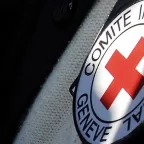
… every day. One of the medics’ most important jobs is to ensure people feel safe and …
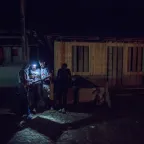
Amir Khan, Ahmadullah and Mohammad Halim are familiar with hard times. Living through the death of their loved ones, loss of all their belongings, financial crunch and displacement from their homes, …
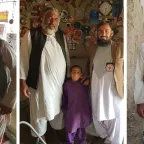
… and herbal teas. Many in Aleppo lost their jobs during the war and are trying to make a …
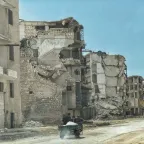
… in Maguindanao del Sur have lost their jobs and sources of livelihoods due to …
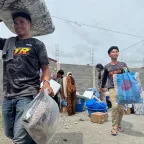
Fleeing the fighting in Ukraine, people left behind their homes and belongings and sought refuge where they could. Many went to Belarus. Official estimates put the number of refugees from Ukraine …
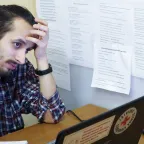
The ICRC along with its partners conducted a detailed research study on the patterns of violence against healthcare in Karachi. The report can be accessed here . One of the findings of the report was …
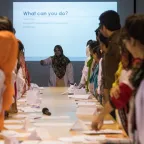
When we ensure protection and respect for health workers, we also ensure that people who need their help receive continuous care. This is all the more important in the COVID-19 pandemic, which has …
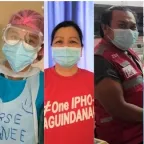
Paiwand-Ali, 49, is from northern Afghanistan. He was a police officer until he lost his leg to a landmine in 1990. Photos by Gueorgui Pinkhassov/Magnum Photos for the ICRC Paiwand-Ali as a police …
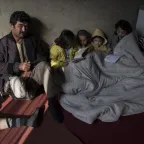
Try one of the following resources:
Created in 1863, the ICRC library, alongside the ICRC archives, provides an indispensable documentary reference on the organization itself and international humanitarian law.
International humanitarian law is based on a number of treaties, in particular the Geneva Conventions of 1949 and their Additional Protocols, and a series of other instruments.
Customary international humanitarian law consists of rules that come from "a general practice accepted as law" and that exist independent of treaty law.